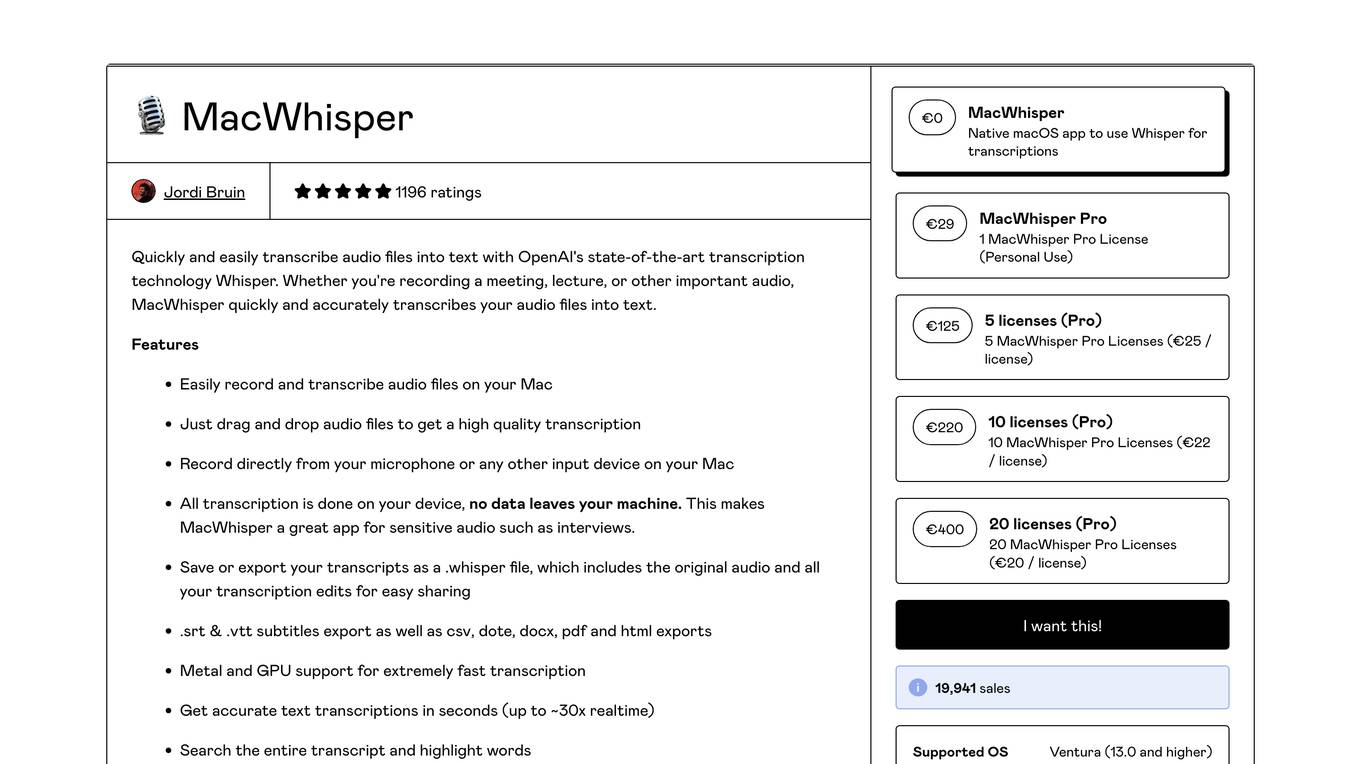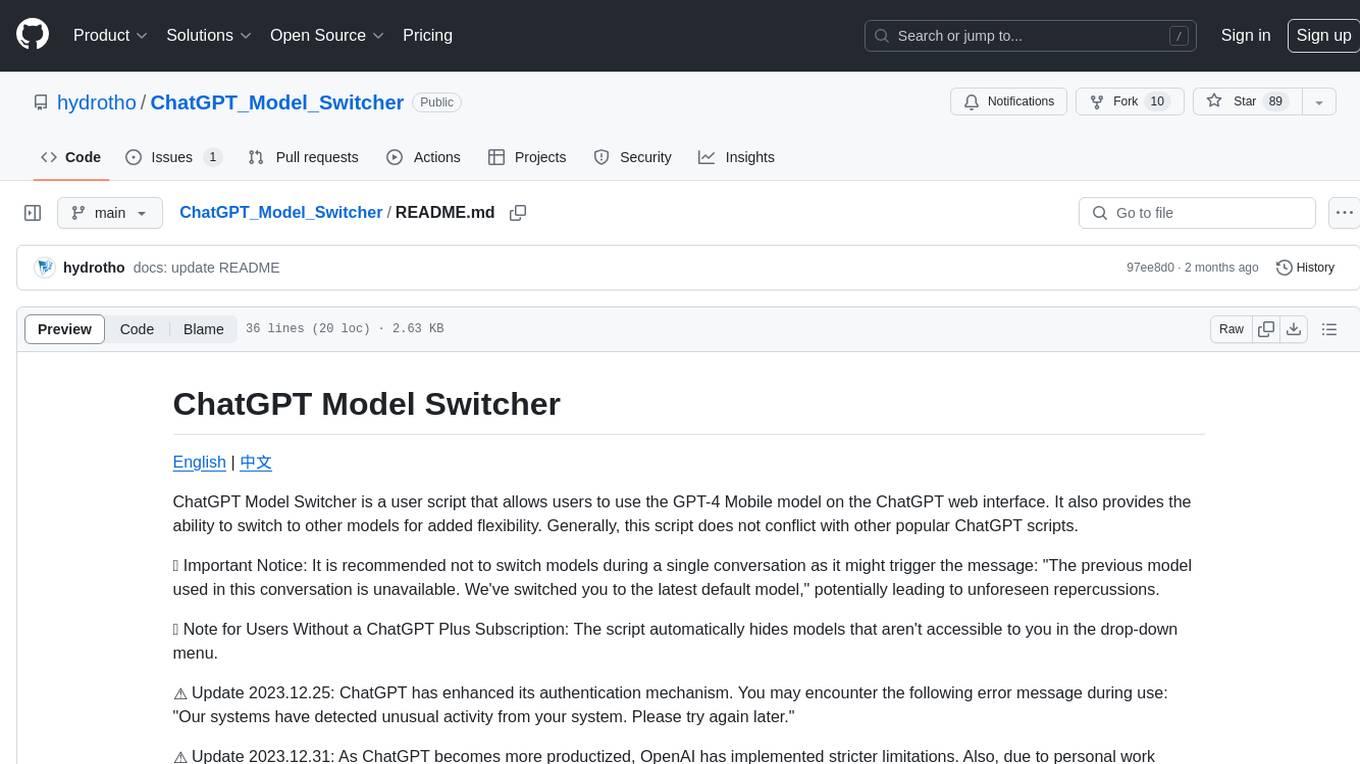Best AI tools for< Hide Models >
4 - AI tool Sites

MacWhisper
MacWhisper is a native macOS application that utilizes OpenAI's Whisper technology for transcribing audio files into text. It offers a user-friendly interface for recording, transcribing, and editing audio, making it suitable for various use cases such as transcribing meetings, lectures, interviews, and podcasts. The application is designed to protect user privacy by performing all transcriptions locally on the device, ensuring that no data leaves the user's machine.

iCAD
iCAD is an AI-powered application designed for cancer detection, specifically focusing on breast cancer. The platform offers a suite of solutions including Detection, Density Assessment, and Risk Evaluation, all backed by science, clinical evidence, and proven patient outcomes. iCAD's AI-powered solutions aim to expose the hiding place of cancer, providing certainty and peace of mind, ultimately improving patient outcomes and saving more lives.

Pseudoface
Pseudoface is an AI application that allows users to create AI-generated faces to maintain anonymity in content creation. It offers a solution for creators who want to hide their real identity while still engaging with their audience. Pseudoface uses advanced AI algorithms to generate realistic face filters tailored to the user's facial features. The tool aims to provide privacy and security for content creators by allowing them to control how they appear online without compromising their identity.

BrandFort
Brandfort.co is an AI-powered tool that automates the moderation and protection of social media pages by removing unwanted comments on platforms like Facebook and Instagram. The tool uses Artificial Intelligence to detect and hide comments containing negativity, spam, hate, profanity, and complaints, helping users maintain a positive online brand image. Brandfort.co offers a free plan with no credit card required and ensures the security of user data through integration with Stripe for payment processing.
1 - Open Source AI Tools

ChatGPT_Model_Switcher
ChatGPT Model Switcher is a user script that enables users to utilize the GPT-4 Mobile model on the ChatGPT web interface and switch to other models for added flexibility. It ensures compatibility with multiple mirror sites and hides inaccessible models for non-subscribers. However, recent updates have introduced stricter limitations due to enhanced authentication mechanisms and personal constraints, potentially affecting the project's ability to override usage limits. Users are encouraged to contribute to the project if capable.